From 2015 to 2020, the Kellogg Foundation partnered with five state coalitions to build a network of farm to early care and education programs. In Georgia, Iowa, North Carolina, Pennsylvania and Wisconsin, WKKF focused on developing each state’s capacity, recognizing that agriculture, education, and access vary widely across the country. As National Farm to School Month comes to a close, we reflect on lessons each state can offer and some common solutions that cross state lines.
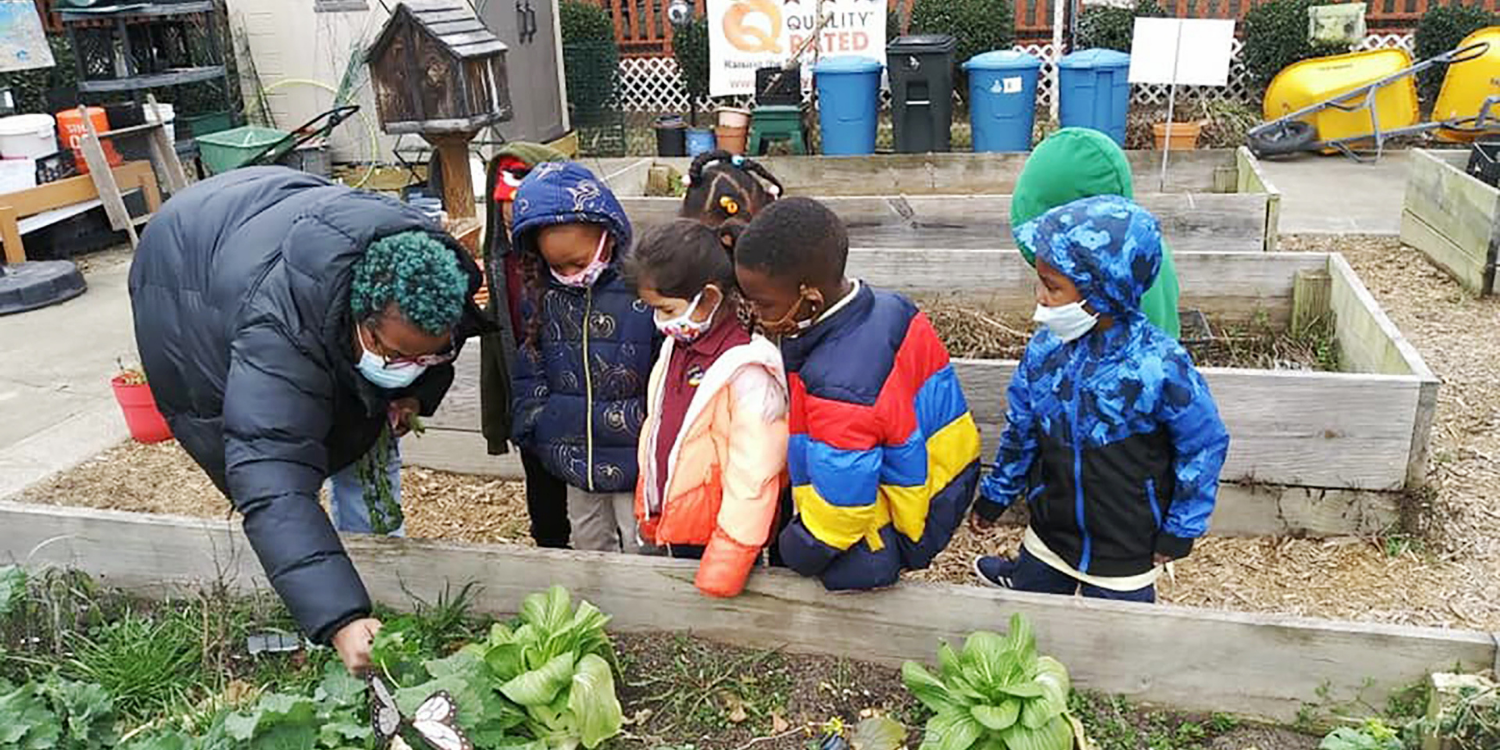
Georgia
In Georgia, food access is one of the many issues under the larger umbrella of achieving racial equity. Kids and families in neighboring cities – even in neighborhoods of the same city – can have drastically different local food and healthy eating opportunities. Little Ones Learning Center, outside of Atlanta, has been systematically breaking down those barriers for years. Ten years ago, they converted an unused swimming pool into raised garden beds, which their kids help tend and gather. Children at LOLC experience a direct connection between how food is grown and how it gets to their plates.
It’s not only the kids in early care who benefit from a community garden. In 2019, LOLC recognized that the nearest grocery store didn’t carry fresh fruits and vegetables. They then expanded their Jazmin Green Community Garden to provide produce at a local farmers market. Students can shop with “Lion Bucks” they earned in their classroom, and adults can take advantage of Double EBT, a matching program providing $2 in food for every $1 spent in EBT.
Read more about Farm to Early Care and Education work in Georgia.
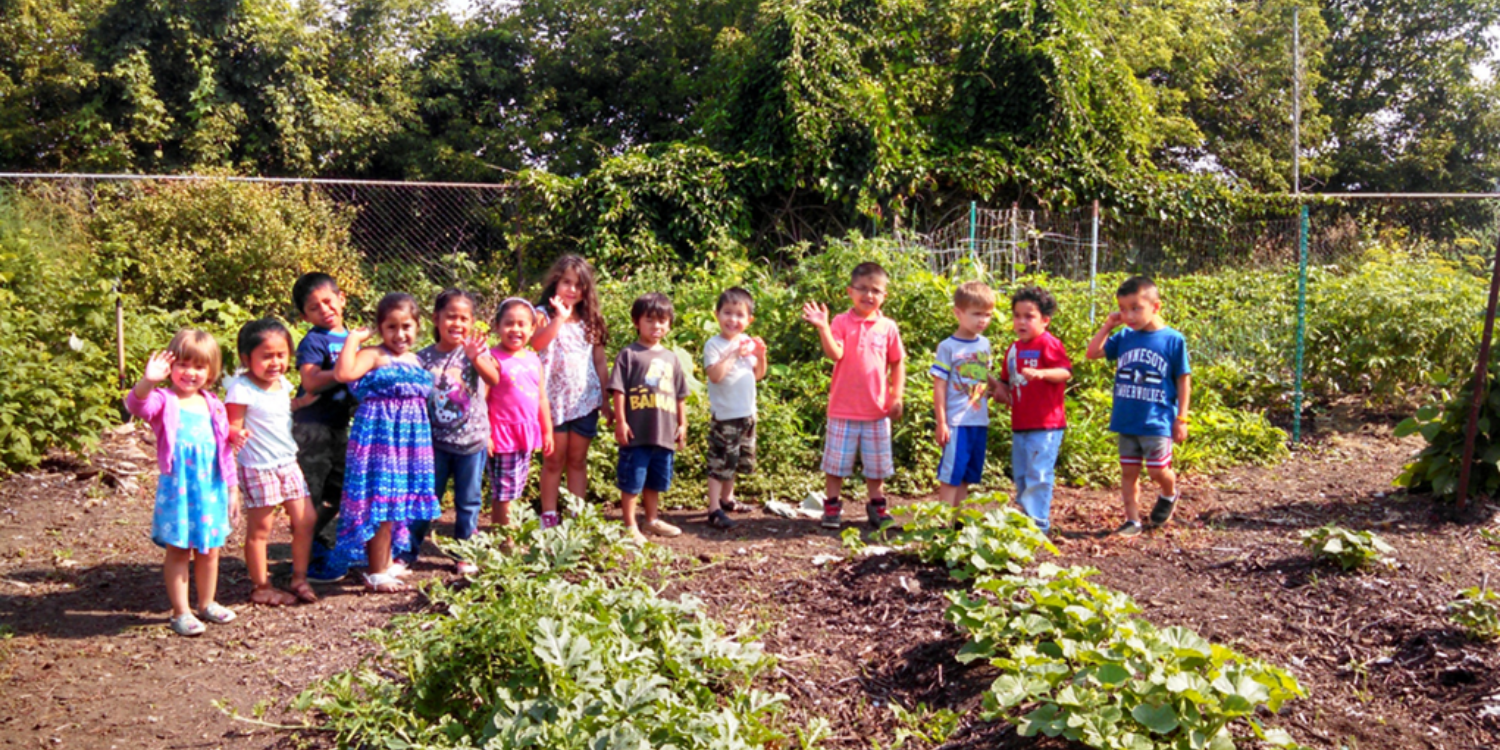
Iowa
Iowa is abundant with farms, providing corn, soybeans, dairy and pork to nations worldwide. But in 2015, only five percent of Iowa farms had engaged in local food production. In addition, ever-expanding corporate farms often crowded out smaller family farms. Getting healthy food produced and into the bellies of local families was a top priority in expanding food access in the state.
The state then took inspiration from Michigan. In 2020, a statewide program was launched called Local Food Makes Sense. Like Michigan’s 10 Cents a Meal for Kids and Farmers, LFMS provides incentives for early care and education sites to purchase locally grown produce. Small farmers had a better chance at securing the contracts, and young children received critical nutrition support.
Read more about Farm to Early Care and Education work in Iowa.
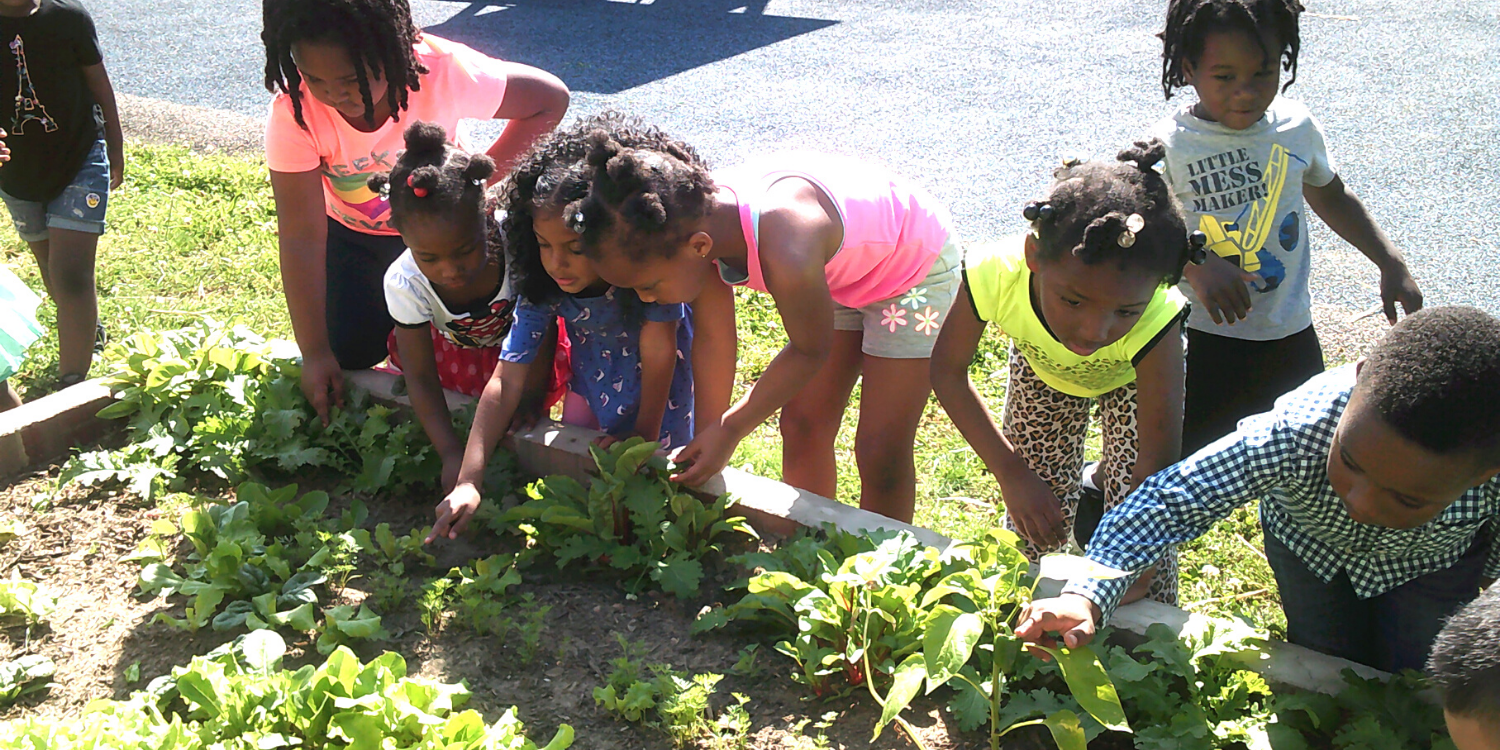
North Carolina
In North Carolina, the ripple effects of slavery are still felt today. Financial disadvantages pass from generation to generation, and that has a direct effect on access to farm-fresh foods. Throughout our country, “food deserts,” or neighborhoods without stores that carry fresh produce, are more often found in lower-income areas; families with limited financial resources can find themselves priced out of fruits and vegetables in favor of shelf-stable commodities. Feeding children with fruits and vegetables they’ve seen grown or picked makes them more likely to eat more daily servings as adults.
As a result of the Kellogg Foundation’s investment, the North Carolina Farm to Early Care and Education Initiative at the Center for Environmental Farming Systems (CEFS) was founded. CEFS is a collaboration among many partners to connect early care and education centers with local farmers. CEFS’ work allowed child care centers to overcome one major obstacle in North Carolina: decentralized food access. School districts have funding, networks, and staff to allow for larger purchases and distribution of fresh produce; child care centers are largely decentralized, and can’t coordinate large food deliveries or receive produce in volume. CEFS partnered with Child Care Services Association, which has kitchens in Chapel Hill, Durham and Raleigh, to prepare meals with local fresh produce and deliver to multiple child care centers.
Read more about Farm to Early Care and Education work in North Carolina.

Pennsylvania
Supporting farm to early care and education isn’t just about getting fresh food into kids’ hands – it’s about making sure every family has access to healthy options. In Philadelphia, Pennsylvania, nonprofit The Food Trust helped build a community-supported agriculture (CSA) pilot program. CSAs create a direct relationship between farmer and consumer, where the consumer pays for a portion of the farm’s products (a “share”) up front, and the farmer then provides boxes of fresh produce regularly during the growing season.
The Food Trust connected the Smart Beginnings Early Learning Center, a SNAP-Ed educator in the neighborhood, and Urban Tree Connection, a nonprofit dedicated to building an equitable, sustainable, local food system. The CSA program was a major success: after the pilot, parents and neighbors returned the next summer. In the early months of the COVID-19 pandemic, when grocery shortages were at some of the highest, Urban Tree Connection organized emergency food boxes for the neighborhood as well.
Read more about Farm to Early Care and Education work in Pennsylvania.

Wisconsin
Like Iowa, Wisconsin is rich in agriculture; the state is known for its cranberries, cherries, sweet corn, and snap peas, among other foods. But even with the abundance of healthy foods, over a half million people in Wisconsin struggle with food insecurity, including one in seven children. The Kellogg Foundation’s partners in Wisconsin focused on reducing the barriers to access to locally-produced, nutritious food – and that meant making the farm to early care and education work as inclusive as possible.
Kids Forward, a statewide research and advocacy organization, had one idea about how to focus on underserved populations. When the organization reviewed applications for a mini-grant program, they realized many of the applications came from early care and education providers who already had the time, resources and staff to complete the form. Kids Forward decided instead to focus their grants in areas with the largest racial disparities, recognizing that early childhood and education programs there were least likely to have the resources necessary to apply for and access grants.
Read more about Farm to Early Care and Education work in Wisconsin.
While every state (and the cities, towns, and neighborhoods within them!) will need specific solutions to improve farm to early care and education, a number of lessons can be shared across the country. Decentralized child care centers and smaller towns need assistance in navigating the complex and time-consuming process of connecting and maintaining a relationship with nearby farmers to provide fresh produce. Policy changes to support and subsidize child care and education centers to purchase from local farmers make a huge difference for both providers and producers. Perhaps most important of all, small farmers and early child care and education providers must receive fair compensation for their work. Both public and private funds can ensure that we value the people who produce our food and care for our children.
For additional information, access to resources and to connect with other groups across the nation, visit the National Farm to School Network.


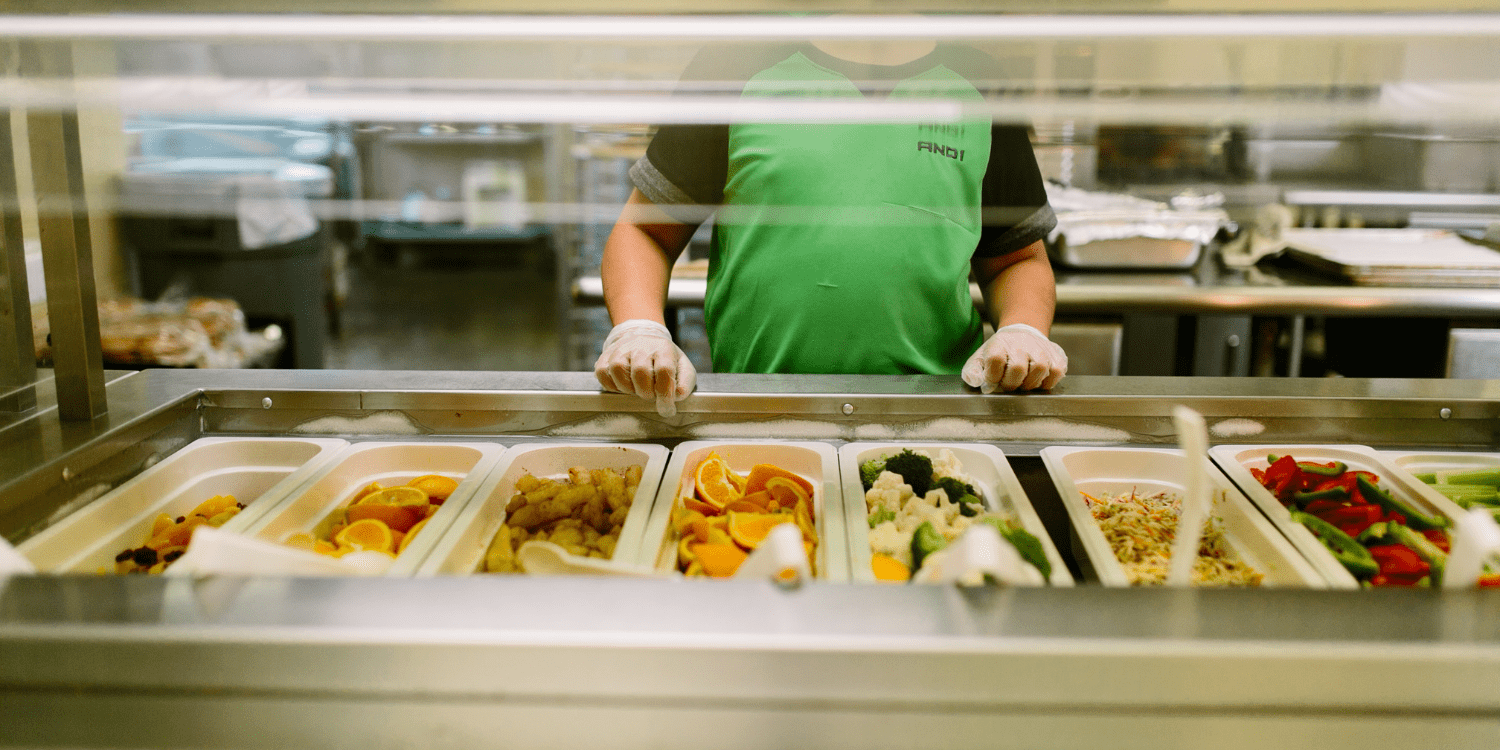


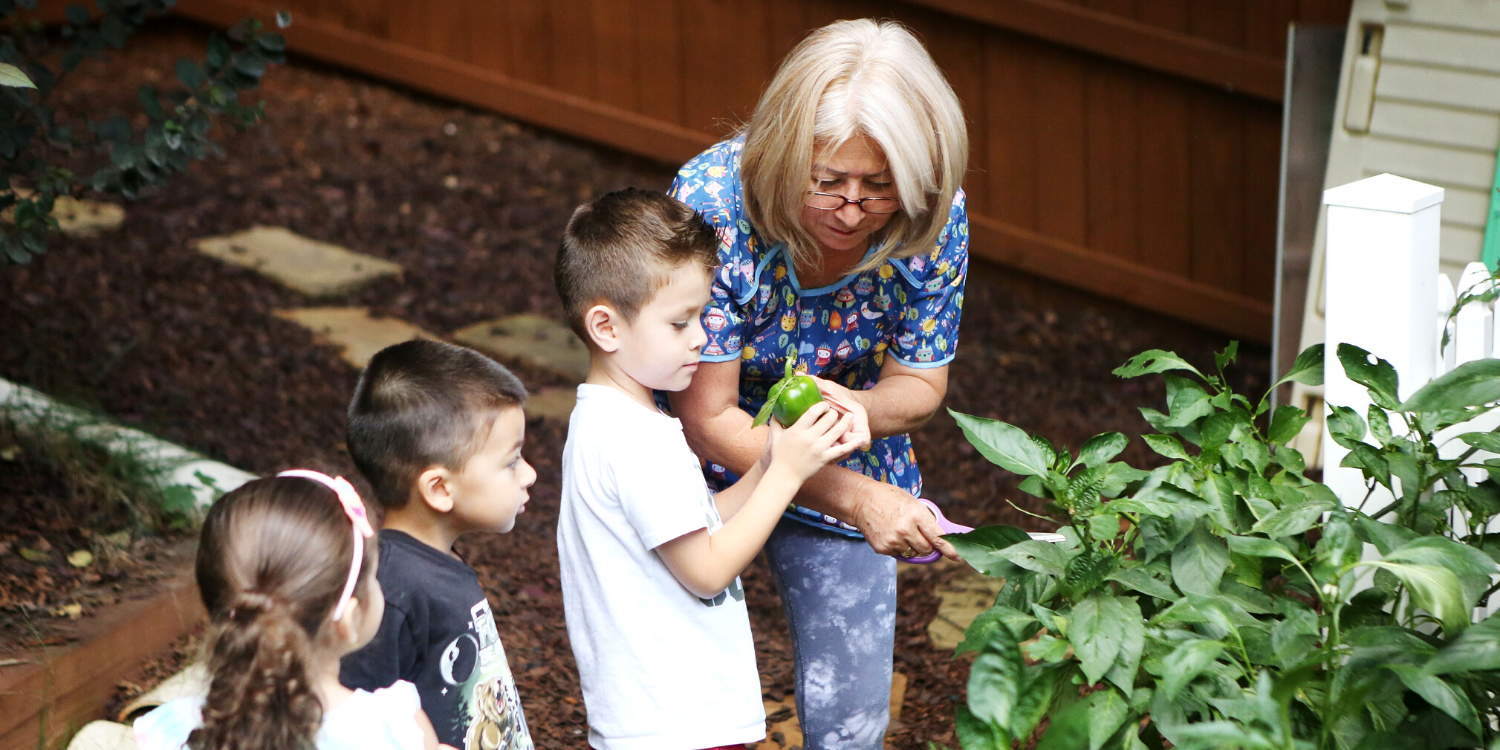
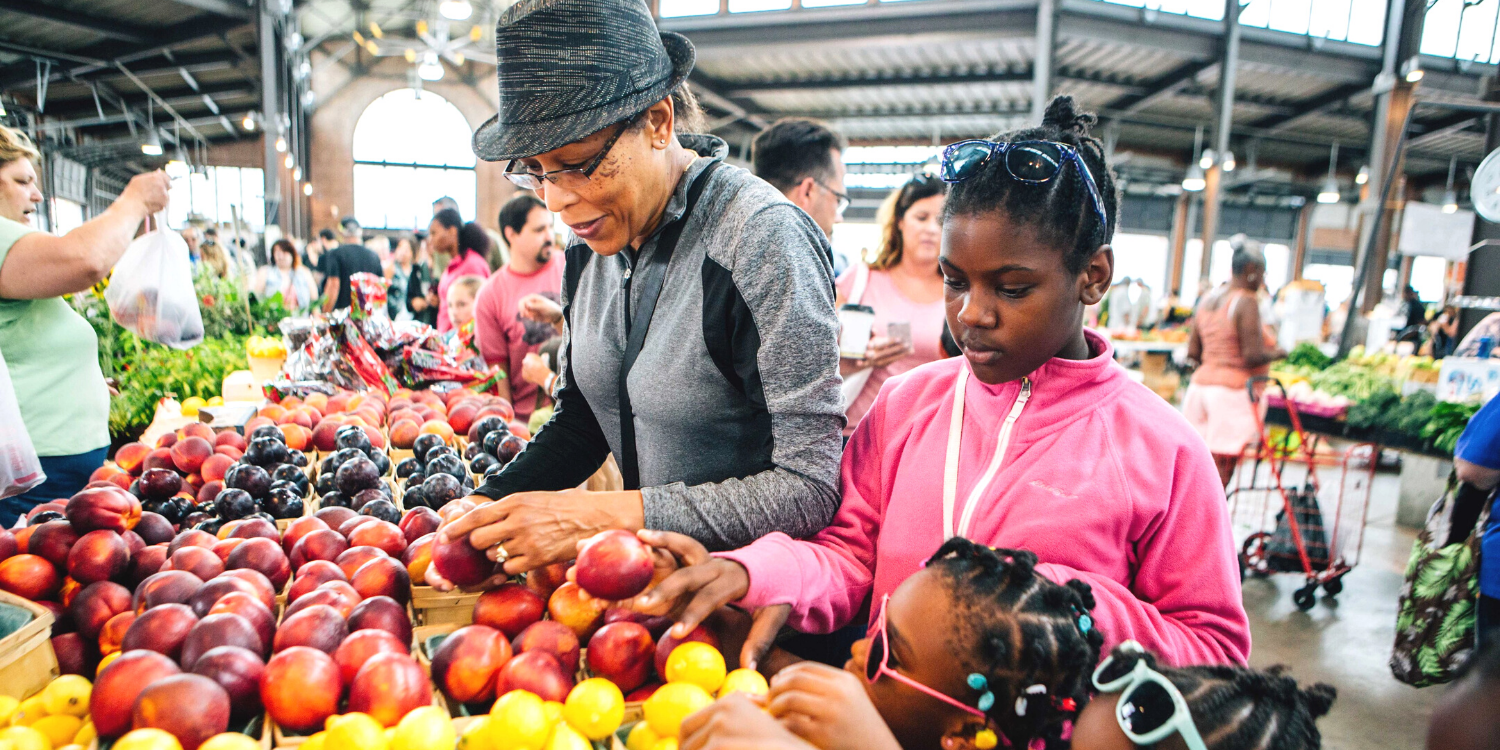
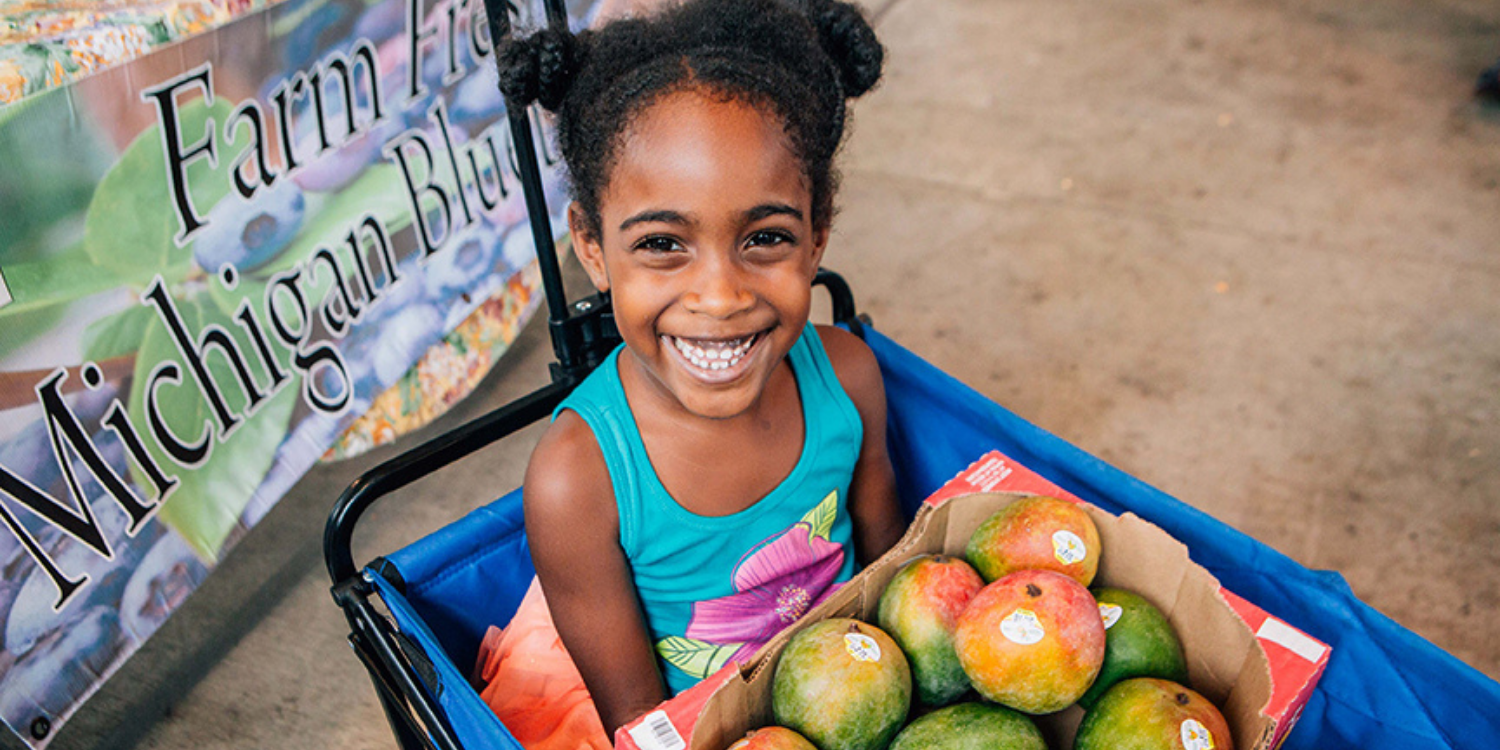




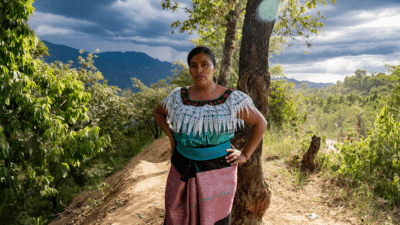


Comments